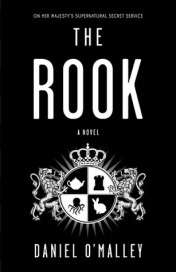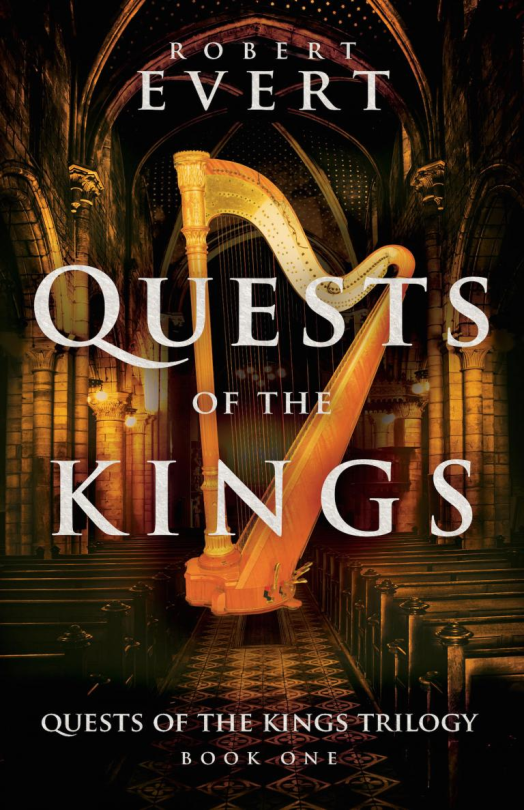
‘Bernhard Gunther is a private eye, specialising in missing persons. And in Hitler’s Berlin, he’s never short of work…
Winter 1936. A man and his wife have been shot dead in their bed. The woman’s father, a millionaire industrialist, wants justice- and the priceless diamonds that disappeared along with his daughters life. As Bernie follows the trail into the cesspit that is Nazi Germany, he’s forced to confront a horrifying conspiracy. One that takes him to the very heart of government, and eventually, to Dachau.’
The first thing that struck me about this book was how unusual it was for me to see a book set in Nazi Germany that wasn’t about the Nazi’s. The meteoric rise of Hitler was merely the setting for this noir detective novel, which was quite the novelty for me. Although the book did explore the effects of the Nazi ideology in Germany, especially the rife antisemitism towards the Jewish population and the fearsome reputation of the Gestapo police force, it was all secondary to the main storyline starring the detective Gunther, the murder of a young couple and the theft of a valuable diamond necklace.
Like any good detective novel, this book was filled with lots of twists and turns. The path Bernie Gunther must weave through the mire of Nazi Germany’s criminals is a complex one that keeps you on your toes, alert to every possible danger and clue. Kerr takes you through every conceivable layer of the underworld, to thieves and sellers, murderers and gangsters, heavies and assassins. The really interesting thing is watching this character interact with all the different worlds and how he uses his (excessively) dry wit and gun to navigate himself through the investigation to its conclusion at the heart of Dachau, one of the most infamous concentration camps in Nazi Germany’s history.
For me though, I found it very hard to really enjoy this book, no matter how unique I found it. Kerr’s, or rather Gunther’s, treatment of women makes it almost impossible for any female to read this novel without feeling incredibly uncomfortable and alien. All the named female characters are treated by the narrator, Gunther, as only worthy of note or respect if he finds them attractive. The amount of time and character depth they are given is directly proportional to the size of their breasts and ass. The first female you meet is his old secretary, who even at her wedding all he can think about is how he wished he could have been the one to marry her because of how young and beautiful she is. He then has a drunken incident with a wedding guest who he only thinks about once more in the book when he is nearby her place of work and looking for another good time. His brief replacement secretary is a menopausal widow and thus is of little interest to him and, by extension the story, and she soon leaves to make way for a younger model he can have ravenous sex with. The other two women he comes across, a stunning model who will falsely accuse him of rape before sending an ardent fan to attempt to kill him, and the ‘victim’ daughter of his client who faked her own murder only to get raped to death. There wasn’t any point in reading the book where, as a woman, I felt that I was at all welcome as a reader. Kerr creates a seedy, misogynistic world that, although I’m sure is keeping with the genre, alienates any female wishing to delve into his story.
To be perfectly honest, because of this treatment of women I couldn’t enjoy this book half as much as I wanted to, and I even put off writing this review because I just wanted to distance myself from the story as soon as it was over. I definitely won’t be returning to the world of Bernie Gunther in any of the other books of this trilogy and I think this is one book I’ll be taking off my shelf and either putting in a box or a charity shop so that I can forget about it as soon as possible.






